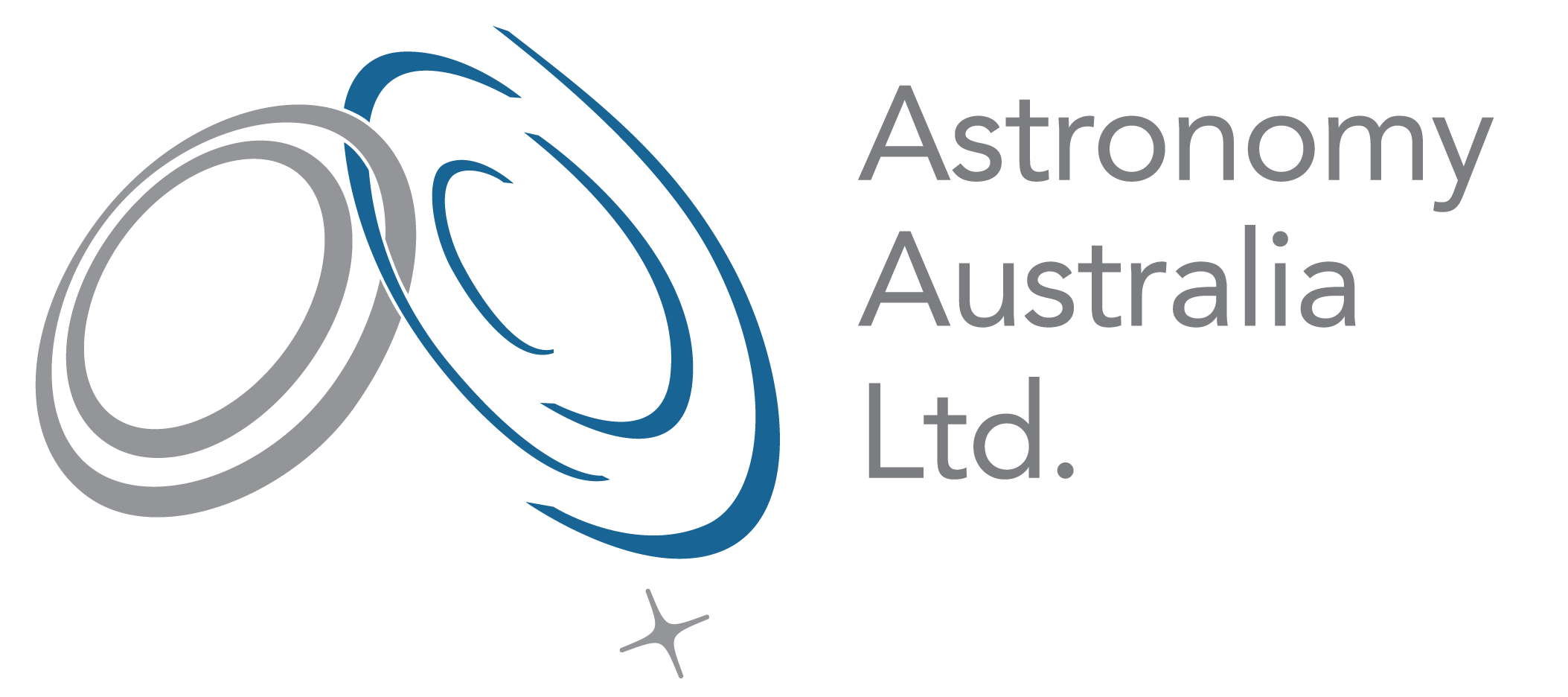AAL would like to congratulate the team at Swinburne, including the Astronomy Data and Computing Services (ADACS) team, on the release of their new Symptom Tracker at beatcovid19now.org. Swinburne’s Prof. Richard Osborne, an expert in global health and epidemiology, worked with astronomers Prof. Matthew Bailes and Prof. Karl Glazebrook (and their teams) to develop the Symptom Tracker – a system that allows users to log their health via a set of survey questions, and may help track the spread of COVID-19. Prof. Bailes also engaged technical expertise from the NCRIS-funded ADACS team (based at Swinburne), as well as industry partners to scale the product for public release.
The Symptom Tracker operates by means of a seven-minute online survey, accessible via a public website, beatcovid19now.org. Questions relate to the health of the user completing the survey and any symptoms they may be experiencing. Based on the answers given, the Symptom Tracker will then provide the user with an overview of their current symptoms. Users can participate in the survey only once or can choose to continue monitoring their health every day to observe any changes that may occur. A user does not need to have symptoms to participate, as the information they provide will be used to help health authorities understand more about COVID-19.
Privacy is respected by the Symptom Tracker, as participants are not asked to provide any information that could be used to identify them. Once data begins to flow through the system, additional technical expertise may be required, and AAL has (of course) supported the plan for the use of ongoing resources from the ADACS team. These data sets will then be used by health authorities and medical researchers to understand more about COVID-19 and pandemics in general.
The Symptom Tracker is now live. Please visit beatcovid19now.org to learn more and to read some important information about the Symptom Tracker (it does not diagnose COVID-19, nor does it provide medical advice – see the website for more detail).
The AAL Program Manager for ADACS is Dr Rob Shen.
Email: robert.shen@astronomyaustralia.org.au
